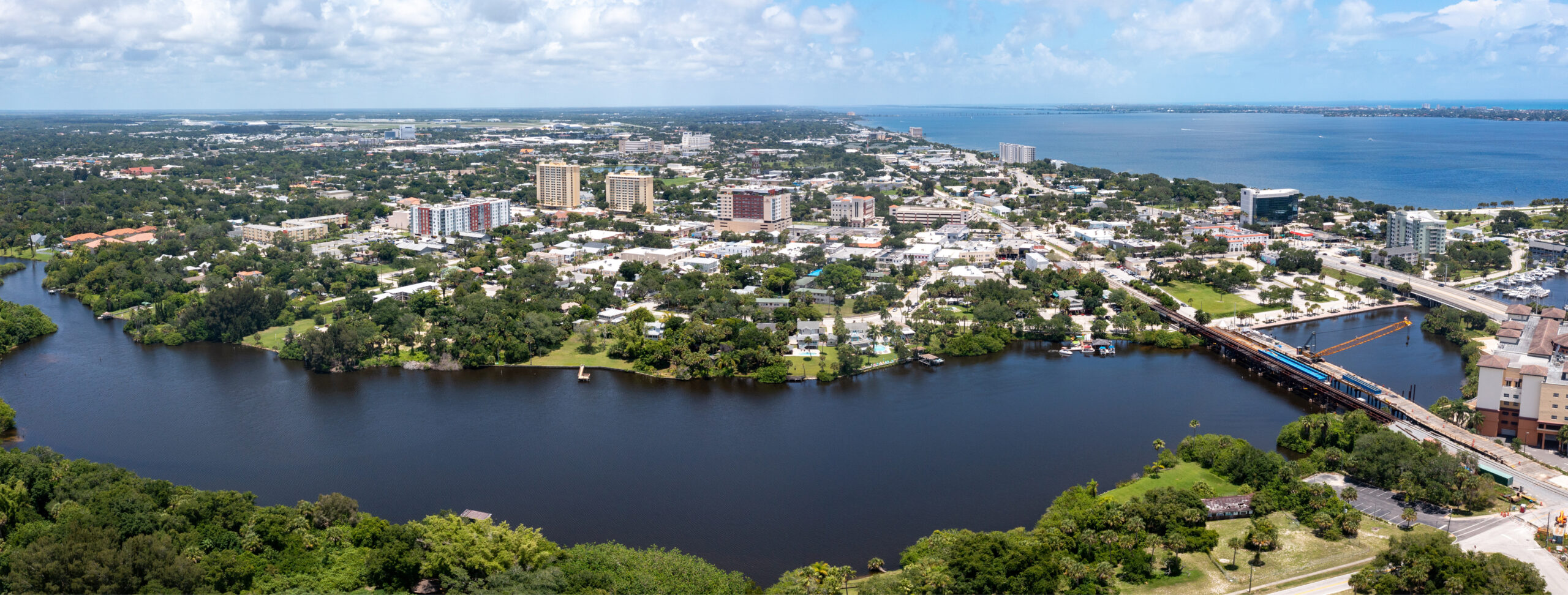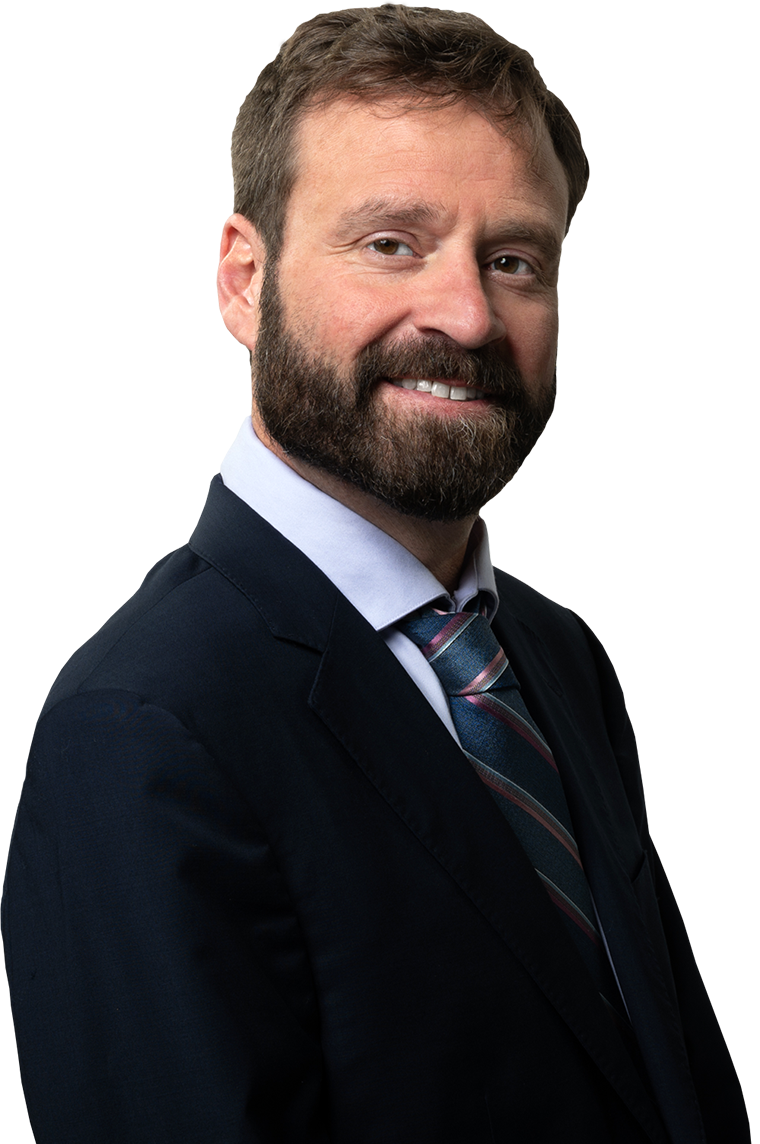Facing drug charges in Florida can be overwhelming. At Germain Legal, we are here to guide you through every step of the process, from understanding the nature of the charges against you to exploring your rights, alternatives to incarceration, and why a strong defense strategy matters.
Melbourne Defense Lawyer for Drug Charges
While being charged for illegal drug use or possession can feel overwhelming, it’s important to remember that a charge is not the same as a conviction. There are often many opportunities for a defense lawyer to help. A drug charge defense attorney’s efforts can make a significant difference, not just in fighting to avoid a conviction, but also in reducing the impact if a conviction seems likely.
Mark Germain represents clients accused of criminal charges in Central Florida, including drug charges. Our office is located in Melbourne, Florida and we proudly serve the surrounding communities of Palm Bay, Titusville, Rockledge, Merritt Island, Cocoa, and Satellite Beach in Brevard County, Vero Beach and Sebastian in Indian River County, Deltona and Dayton Beach in Volusia County, and Kissimmee and Poinciana in Osceola County.
Contact our office at (321) 775-3559 or fill out our online form for a consultation on how we can defend you against drug charges.
- Specific Offenses
- What Are Potential Defenses to Drug Charges?
- Criminal Process for Individuals Facing Drug Charges in Florida
- Collateral Consequences of a Conviction
- What Are Possible Alternatives to Jail?
- Can a Drug Charge Attorney Help Me?
- Additional Resources
- Hire a Lawyer for Drug Charges in Brevard County Florida
Specific Offenses
Possession of a Controlled Substance – Florida Statutes Section 893.13(6)(a): This offense occurs when someone has drugs classified as controlled substances like heroin, fentanyl, or cocaine without a legal prescription. If a person is found with a controlled substance in their possession, it is typically charged as a third-degree felony. However, if the substance involved is less than 20 grams of cannabis, the charge may be reduced to a first-degree misdemeanor.
Prescription Drug Offense – Florida Statutes Section 893.13: This offense happens when someone illegally writes, possesses, or distributes a prescription for a controlled substance like opioids or stimulants in an unlawful manner. For example, if a healthcare provider writes a prescription for a controlled substance without a legitimate medical need, it is a third-degree felony. If the provider received $1000 or more for writing such prescriptions or if the prescription meets the threshold for drug trafficking, the offense becomes a second-degree felony.
Possession of Drug Paraphernalia – Florida Statutes Section 893.147(1): In Florida, it is illegal to possess or use items intended for growing, processing, packaging, or consuming illegal drugs such as pipes, syringes, scales, or containers. This offense is classified as a first-degree misdemeanor.
Possession of a Controlled Substance With Intent to Sell – Florida Statutes Section 893.13(1)(a): Possession with “intent” means a person has drugs and plans to sell, deliver, or produce them. In Florida, this offense can range from a first-degree felony to a first-degree misdemeanor depending on the type and amount of the substance. The severity increases if the crime occurs near schools or if it involves certain dangerous substances.
Drug Distribution and Manufacturing – Florida Statutes Section 893.13: This offense involves transferring or producing illegal drugs, whether by selling, giving away, or making them. It is classified as a felony in Florida, with penalties depending on the type and quantity of the drug. For example, distributing or manufacturing Schedule I or II drugs is a second-degree felony. If large amounts or certain conditions are involved, it could be a first-degree felony. Lesser drugs like Schedule III, IV, or V substances typically result in third-degree felony charges.
Drug Trafficking – Florida Statutes Section 893.135: Drug trafficking is when a person is caught knowingly selling, buying, making, delivering, or possessing large amounts of illegal drugs. It is classified as a felony under Florida law, with penalties depending on the type and amount of drug involved. Larger amounts result in harsher sentences.
What Are Potential Defenses to Drug Charges?
- Lack of Knowledge: Florida law requires the defendant to have knowledge that they were in possession of a controlled substance. If the defendant can prove they were unaware that the substance was illegal or even present, it can be a defense.
- Illegal Search and Seizure: Under the Fourth Amendment, individuals are protected from unlawful searches and seizures. If law enforcement did not have probable cause or a valid warrant to search a person, vehicle, or property, any evidence obtained may be suppressed.
- Constructive Possession: Florida courts differentiate between actual and constructive possession. In constructive possession cases, the prosecution must prove that the defendant had both knowledge and control over the drugs.
- Prescription Defense: In Florida, it is legal to possess certain controlled substances if they are prescribed by a licensed healthcare provider.
- Entrapment: Entrapment occurs when law enforcement induces a person to commit a crime they would not otherwise have committed.
Criminal Process for Individuals Facing Drug Charges in Florida
- Arrest and Initial Charges: In Florida, the criminal process typically begins with an arrest, often resulting from a traffic stop or search.
- First Appearance and Bond Hearing: After arrest, the individual must appear before a judge within 24 hours for a first appearance hearing.
- Arraignment: The next step is the arraignment, where the defendant pleads not guilty, guilty, or no contest.
Collateral Consequences of a Conviction
- Employment Challenges: A drug conviction can impact job opportunities, especially in industries requiring background checks.
- Housing Issues: A conviction can make it difficult to find housing, especially with public housing programs.
- Educational Barriers: Colleges may deny admission, and drug convictions can affect eligibility for federal aid.
What Are Possible Alternatives to Jail?
- Probation: Florida Statutes Section §948.01 allows courts to sentence individuals to probation instead of jail time.
- Drug Court Programs: Florida Statutes Section §397.334 establishes drug court programs as a diversionary option for non-violent drug offenders.
- Pretrial Intervention: Florida Statutes Section §948.08 offers pretrial intervention programs for first-time offenders.
Can a Drug Charge Attorney Help Me?
- Provide Legal Guidance: A defense lawyer will explain the charges and help you understand your rights.
- Assess the Evidence: Your lawyer will scrutinize every piece of evidence against you.
- Negotiate with Prosecutors: A drug charge lawyer can negotiate to have charges reduced.
- Work Toward the Best Outcome: A lawyer aims to secure the best possible outcome for your case.
Additional Resources
Drug Courts – Drug courts in Florida offer an alternative to traditional criminal justice processes for those struggling with substance abuse. Established in 1989 in Miami-Dade County, Florida’s drug courts combine judicial supervision with treatment services to address addiction’s root causes. These courts have proven effective in reducing crime, improving treatment outcomes, and providing cost benefits. As of 2024, Florida operates 48 adult drug courts, 14 juvenile drug courts, 13 dependency drug courts, and 4 DUI courts.
2023 Federal Sentencing Statistics on Drug Offenses – The 2023 Federal Sentencing Statistics report by the United States Sentencing Commission provides data on federal drug-related offenses in Florida. The report includes information on the types of crimes, sentencing outcomes, and the length of sentences imposed. Drug trafficking is the most common offense, accounting for over 31% of cases. The report also highlights the prevalence of guilty pleas, with a significant portion of offenders receiving prison sentences.
Florida Statutes Chapter 893 – Florida Statutes Chapter 893 provides legal definitions, schedules of controlled substances, and rules about their distribution and use. This law also addresses penalties for illegal drug-related activities, regulations for pharmacists and practitioners, and the state’s prescription drug monitoring program. It covers everything from drug trafficking laws to protections for those seeking medical help during an overdose.
Hire a Lawyer for Drug Charges in Brevard County Florida
Mark Germain represents clients accused of criminal charges along the space coast, including drug charges. Contact our office at (321) 775-3559 or fill out our online form for a consultation on how we can defend you against drug charges.
Our office is located in Melbourne, Florida and we proudly serve the surrounding communities of Palm Bay, Titusville, Rockledge, Merritt Island, Cocoa, and Satellite Beach in Brevard County, Vero Beach and Sebastian in Indian River County, Deltona and Dayton Beach in Volusia County, and Kissimmee and Poinciana in Osceola County.



